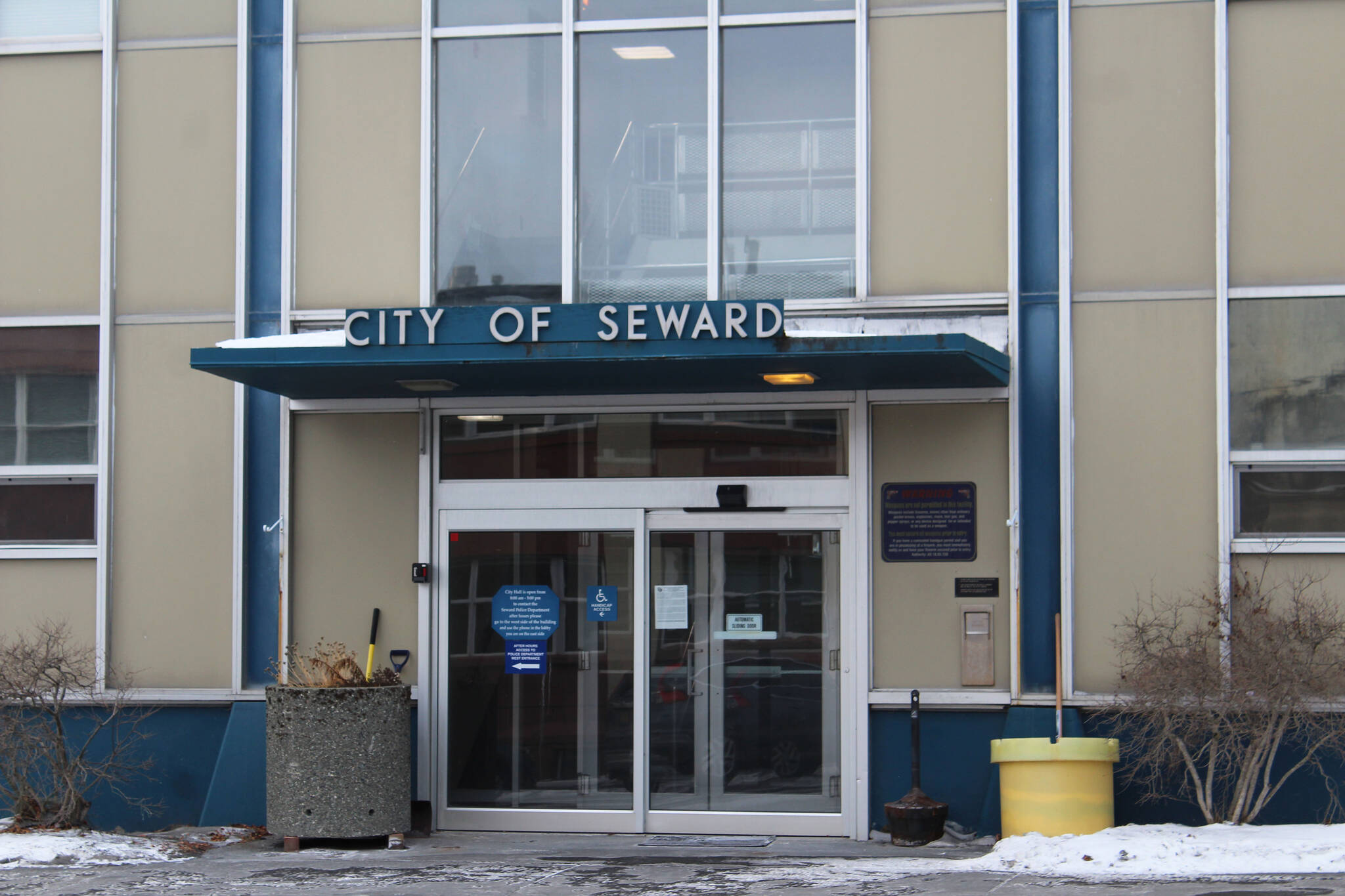Sunday is the deadline for Seward residents to register to vote for the city’s May 2 special election, which will determine whether the city will sell its electric utility to Homer Electric Association.
Seward, which currently operates its own electric utility, has mulled selling the operation to a larger organization for decades. HEA emerged as the most desirable interested buyer after the city put out a call for proposals from interested and qualified electric utilities in Alaska. HEA told the city that if it successfully acquires Seward Electric, it would change its name to Kenai Peninsula Energy Cooperative, Inc.
A majority of residents voted in 2000 to sell the city’s utility, however the 52% in favor did not meet the 60% threshold needed to move the sale forward. Sale efforts were revived last spring, when former Seward Mayor Christy Terry and Seward City Council member Mike Calhoon introduced legislation — unanimously passed by the council — to develop a timeline and process for weighing the pros and cons of a sale.
Seward Electric System General Manager Rob Montgomery said in a presentation to city council members last summer that, as part of the city’s analysis of the pros and cons of selling, they met with city staff including electric employees and solicited input from members of the community.
They found that, among the advantages of selling would be more financial resources and rate stability, greater access to new utility technologies, more programs available for customers, customers becoming members of a utility cooperative, and regulatory oversight of rates and services.
On the other hand, the review found that, by selling, the city would lose out on revenue the electric utility currently brings into the general fund, as well as on the revenue the city receives from cruise ships that tap into the network. There are about 3,000 meters on Seward’s current electric system.
Ultimately, the city reported about three times as many pros of selling as cons.
Limits on the city’s current electric utility, Montgomery told council members, make it difficult for it to function as efficiently and effectively as it should. The city “will never be able” to offer the same programs and services as larger utilities, he said, and will struggle to fill positions because its wages are not competitive.
“As long as the City runs Seward’s electric system, there will be financial and human resource challenges to address,” Montgomery wrote in an Aug. 8 statement to city council members. “These challenges will directly impact the utility’s customers in the way of rates, programs, services, and system reliability.”
Still, he said a key question will be how the city will make up the lost revenue it was getting from its electric utility. The City of Seward’s electric department contributed about $2.1 million to the city’s general fund in 2021.
The Seward City Council in August approved a special election for May 2 for voters to decide on whether or not to sell. Since then, the city has approved the use of $25,000 to help inform voters about what a sale to Homer Electric Association would mean for the city’s electric customers.
In selecting HEA as the preferred buyer, the Seward City Council cited HEA’s commitment to freezing consumer rates for three years, “existing synergies” between HEA and Seward, and HEA’s plan for integrating into the community. Chugach Electric Association also expressed interest in purchasing the city’s utility.
HEA General Manager Brad Janorschke wrote in a cover letter submitted with HEA’s proposal to Seward that the cooperative would view the transaction not as an acquisition, but rather as a merger. Janorschke said that, if the sale goes through, HEA would be renamed as the Kenai Peninsula Energy Cooperative, Inc. and Seward would be given a seat on the board of directors.
In describing why it was the best organization to purchase Seward’s electric utility, Janorschke cited HEA’s “cost-effective” rates, cybersecurity infrastructure, renewable energy initiatives and history of collaboration with Seward Electric. The sale would come as HEA and other utilities along Alaska’s Railbelt brainstorm ways to fill an anticipated gap between supply and demand of Cook Inlet natural gas.
“Our utilities’ strategic location in the same Borough allows us to actively advocate for projects that mutually benefit each other and the Borough,” HEA’s cover letter says. “With our existing track record of collaborating to solve problems and overcome challenges, we look forward to engaging in further discussions about what we can achieve together as a combined utility.”
Sunday is the deadline for residents to register to vote in Seward’s May 2 special election online. People looking to register to vote in person must register at the Seward City Clerk’s office before it closes at 5 p.m. on Friday. Absentee voting will open April 17.
Election certification is scheduled for May 8, with approval of the acquisition by the Regulatory Commission of Alaska tentatively planned for the last quarter of this year. With 2024 as a test year, operations would be merged in 2025.
More information about the potential acquisition of Seward’s electric utility by HEA can be found on the groups’ “Stronger Together” webpage at kpbstrongertogether.com.
Reach reporter Ashlyn O’Hara at ashlyn.ohara@peninsulaclarion.com.


